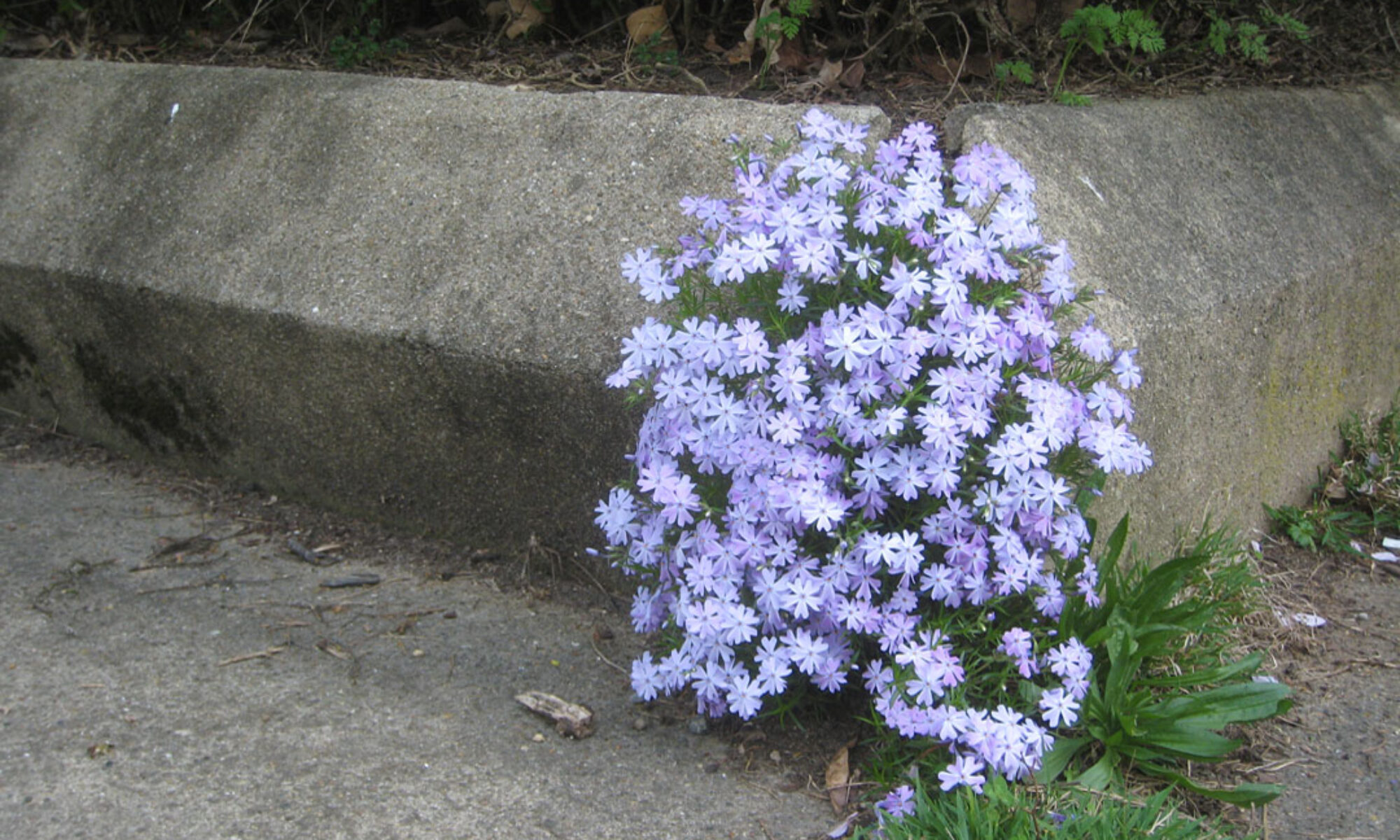The following is a fictionalized version of an actual event as told to me by my cousin Phil Kimes.
I walked into the unemployment office and stomped the snow off my boots. The waiting area, a collection of dull orange chairs, was empty. Next to an ash tray, a magazine cover proclaimed “Massacre at My Lai.”
The guy behind the counter was about my dad’s age, graying, with black-framed glasses. I used to play ball with his son, Randy. “Hello, Mr. Shane!” We shook hands.
“Back from Vietnam, are you, Phil?”
“Yes, sir. The Navy let me out a couple months early. I’m looking for a job.”
“Well, you’ve come to the right place. We’ll get you fixed up. Your folks gettin’ along OK?”
I caught him up on my family as I filled out the forms and handed them back. He checked them, then he looked around. “Listen, you’ve got a few minutes, don’t you?”
“Yes, sir.”
“Come on back here and have some coffee.” He nodded to his assistant, and we walked back to his office.
“I drink too much of this stuff,” he laughed, handing me a cup and warming up his own. “Started when I was about your age.” His wooden chair creaked as he settled in and paused, looking out the window at gray Indiana skies. The hot Styrofoam cup felt good in my hands.
“I served with your Uncle Bobby in the war, Phil.” He paused again. “I’m one of the last men who saw him alive.”
I leaned forward a little. Uncle Bobby had died in World War II.
“We were Bravo Company, First Battalion, Sixth Marines,” he said. “We’d spent 6 months in Hawaii training and gearing up. The end of May they shipped us out to the Mariana Islands. We were going to some damned place we’d never heard of called Saipan.
“They’d been bombing the island for two days before we got there, but it hadn’t done much good. The Japs knew the island, knew where to hide in the caves. They were waitin’ for us.
“I remember the sun beating down as we left the ship in the landing craft. We were 18, 19 years old, scared as hell. The enemy had dug in on the bluffs above the beach, and their snipers were hittin’ us as we came in. We waded through the water, and then we ran. All around us men were layin’ in sand, some screaming for help. We had to get to cover.”
His jaw tightened for a moment.
“We got ashore and somehow secured the beachhead. That night the Japs sent in tanks to try and take it back. They just kept coming and coming. We fought ‘em off. Next morning we heard they counted 44 tanks. Forty-four! Made us wonder what else they had.
“Years later we found out that our intel was bad. There was probably twice as many Japs on the island as they thought. But we were there, and our orders were to take the island.
“The captain sent us all north, and it was fierce fighting every step of the way. Me and my buddies – Joe and Pete and your uncle Bobby – we were hiding behind rocks and trees – fire and move, fire and move.”
He looked out the window a minute, cleared his throat.
“And then there was a break. We heard ‘em runnin’, and we reloaded. And then the sergeant yelled, ‘Let’s go!’ and we moved out.
“Well, the bastards had regrouped. We came around a corner, and there was a nest of ‘em. We were outnumbered 3 to 1. Maybe more. We dug in behind a log and laid down fire, it was all we could do. We couldn’t see anything to aim at – we were firing blind and hoping. The rest of the guys in the squad were scattered. We could hear ‘em yelling all around us.
“The sergeant told us to fall back, but we couldn’t move. They had us. And we were gettin’ low on ammo. We looked at each other, and we knew.
“And then your Uncle Bobby …” he paused. “‘Gimme what ya got,’ he said. ‘I’m gonna draw their fire. You get out of here.’
“’No, you don’t have to do this,’ I told him.
“Pete blurted, ‘Bobby, we ain’t leavin’ you here.’
“But Bobby had made up his mind. ‘Look, we’re not all gettin’ out of this,’ he said. ‘I’ll draw their fire. You guys are married, and I’m not. You get home, you kiss your wife once for me. Now give it!’”
“We laid what we had left on the ground: two grenades and a couple of clips.
“‘All right,’ he said evenly. ‘Now get ready.’
“We found his body a couple days later. He’d tossed both grenades, and he only had half a clip left. He’d been hit at least 50 times. Me and Pete and Joe found a spot under a tree, a place that looked kinda peaceful, you know, and we buried him there.”
He stared out the window a long moment. “We’re hearing things about Vietnam that are hard to understand. This Agent Orange thing. Hearing a lot about soldiers and drugs. Things happen in war, and you carry it with you. But you still have to live your life.
“’Cause, son, I’m here today because of your uncle Bobby. We lost a good man on Saipan that day. Let’s talk about what kind of job you’re looking for. You’re not leaving here until we’ve found you what you want.”

